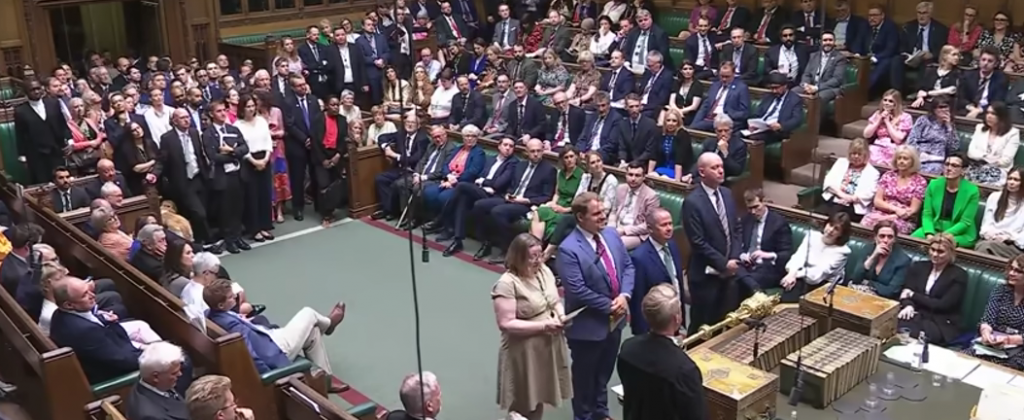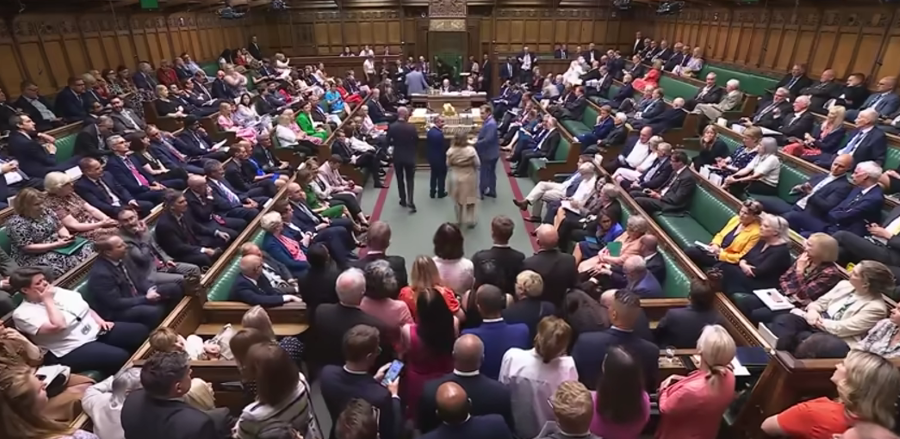Parliament Decriminalizes Abortion for Women in England and Wales

© Freepik
What led to the push for abortion decriminalization in England and Wales in 2025?
On June 17, 2025, a historic vote changed the course of reproductive rights in England and Wales.
But what does this mean for women, and why is it such a big deal?
Let’s dive into the details of this landmark decision.
Abortion Decriminalization in England and Wales: A Historic Vote for Change

In a significant move, Members of Parliament (MPs) voted 379 to 137 to decriminalize abortion for women in England and Wales.
This change, part of the Crime and Policing Bill, ends the threat of prosecution for women who end their pregnancies, even outside legal limits.
For nearly 60 years, abortion laws relied on an 1861 law that could send women to prison for life. The new amendment, proposed by Labour MP Tonia Antoniazzi, removes this outdated rule, ensuring women are no longer criminalized for their choices.
This vote marks the biggest shift in abortion laws since the 1967 Abortion Act, which allowed abortions up to 24 weeks under specific conditions.
Why This Matters

The old law led to over 100 investigations of women in the past five years, including some who had miscarriages or stillbirths.
Cases like Carla Foster, who was jailed in 2023 for using abortion pills late in her pregnancy, and Nicola Packer, who was acquitted in 2025, showed how harsh the system could be.
These stories pushed MPs to act, with Antoniazzi arguing that prosecuting women was “cruel” and not in the public’s interest.
The new law protects women from arrest or jail, though medical professionals or others assisting outside legal limits can still face penalties.
This change gives women more safety and control over their bodies, aligning England and Wales with places like Northern Ireland, where abortion was decriminalized in 2019.
What Stays the Same and What’s Next

The framework for legal abortions remains unchanged. Abortions still need two doctors’ approval and are allowed up to 24 weeks, or later in cases like life-threatening risks.
The “pills by post” system, started during the COVID-19 pandemic, also continues for early pregnancies. However, some worry about the law’s limits.
Labour MP Stella Creasy’s amendment, which aimed to make abortion a human right and protect medical staff, didn’t reach a vote.
Anti-abortion groups, like the Society for the Protection of Unborn Children, fear the law could allow abortions too late in pregnancy.
The law now awaits approval from the House of Lords, but experts believe it will pass.
This step forward sends a strong message about women’s rights, especially as other countries, like the U.S., restrict abortion access.
In conclusion, this vote is a victory for women’s autonomy. It ends a long history of fear and punishment, offering compassion instead.
As England and Wales embrace this change, the world watches, wondering if more nations will follow.
You might also want to read: Alarm Bells! England Tops Global Charts for Child Alcohol Consumption


